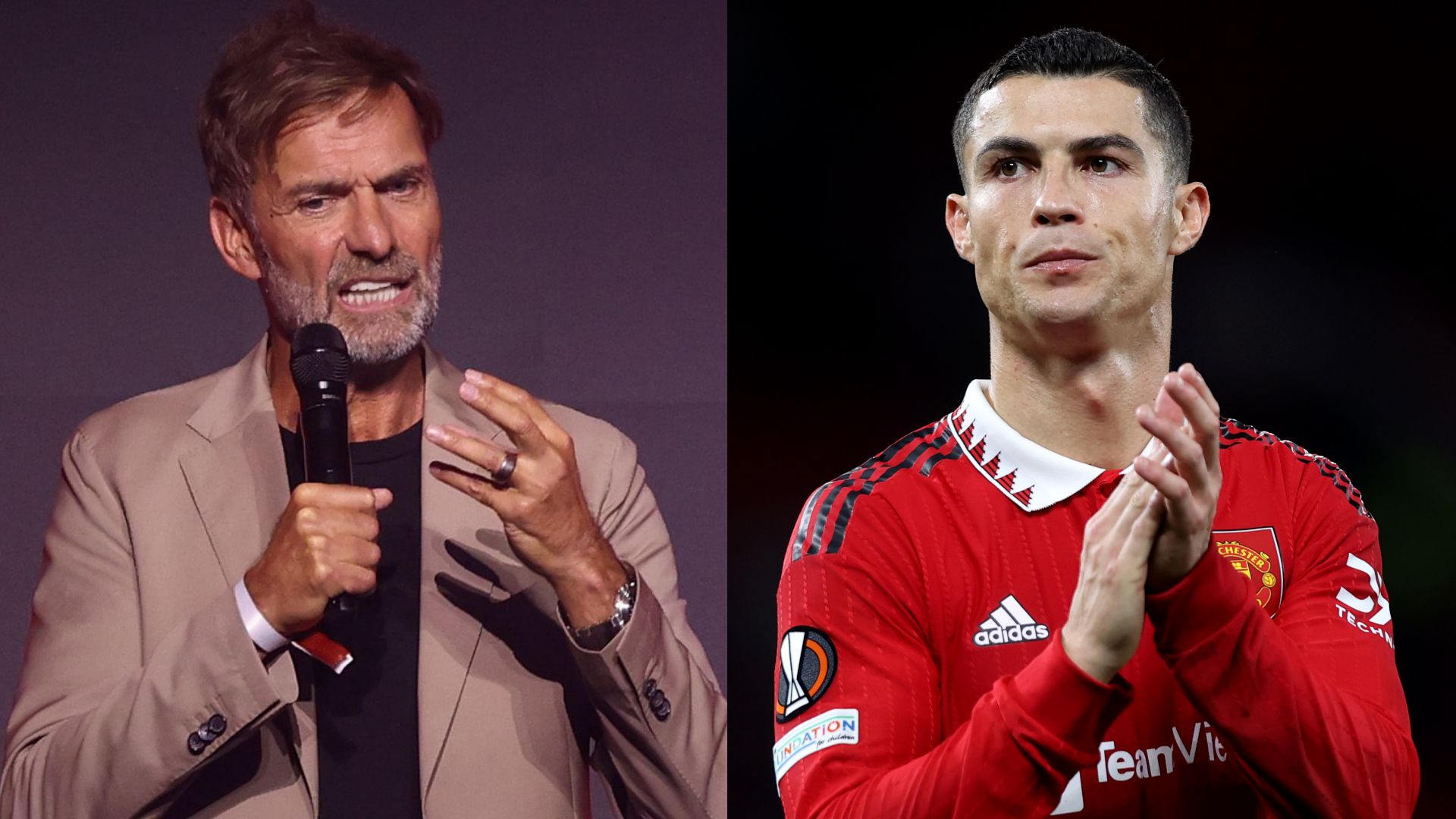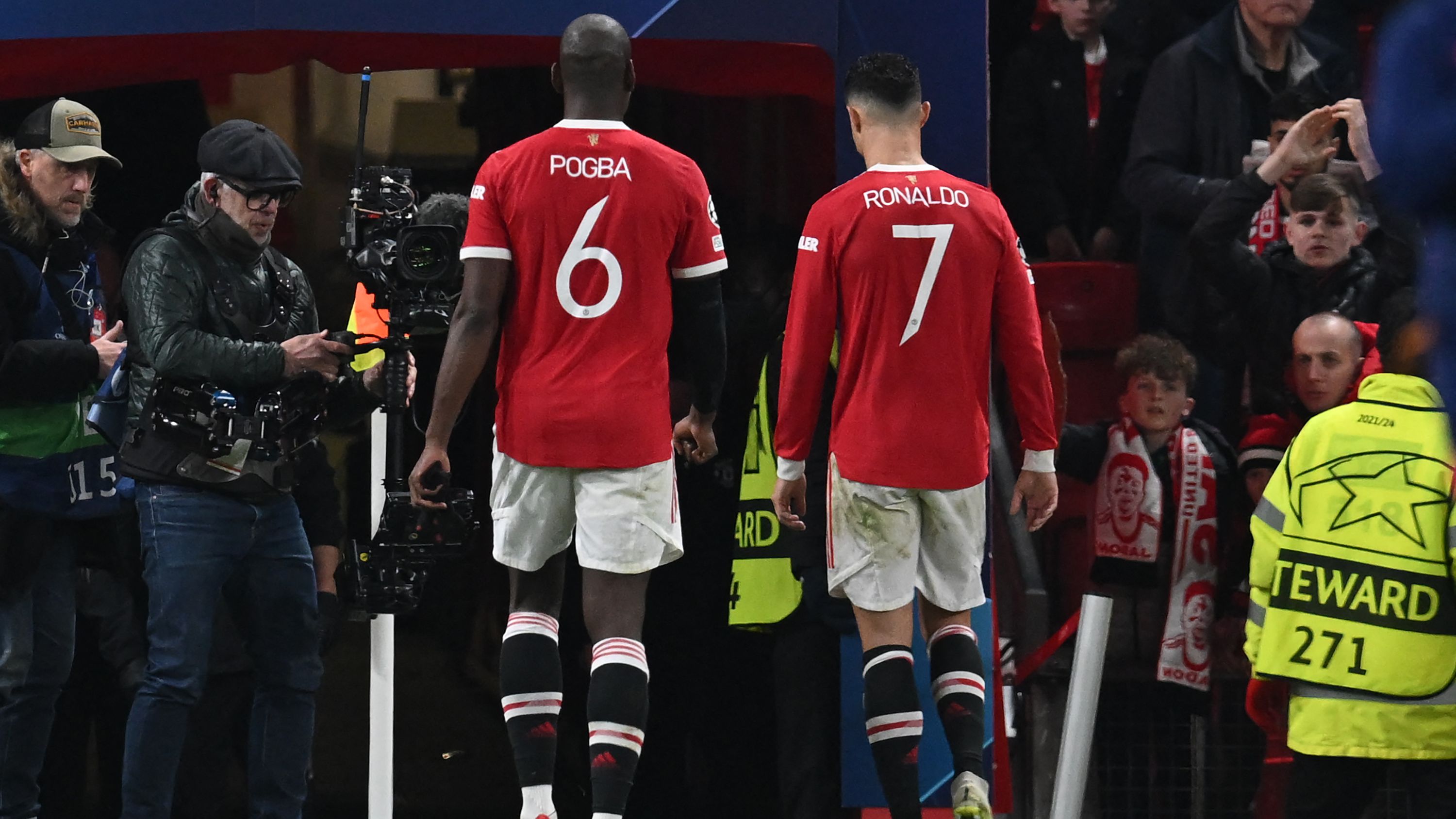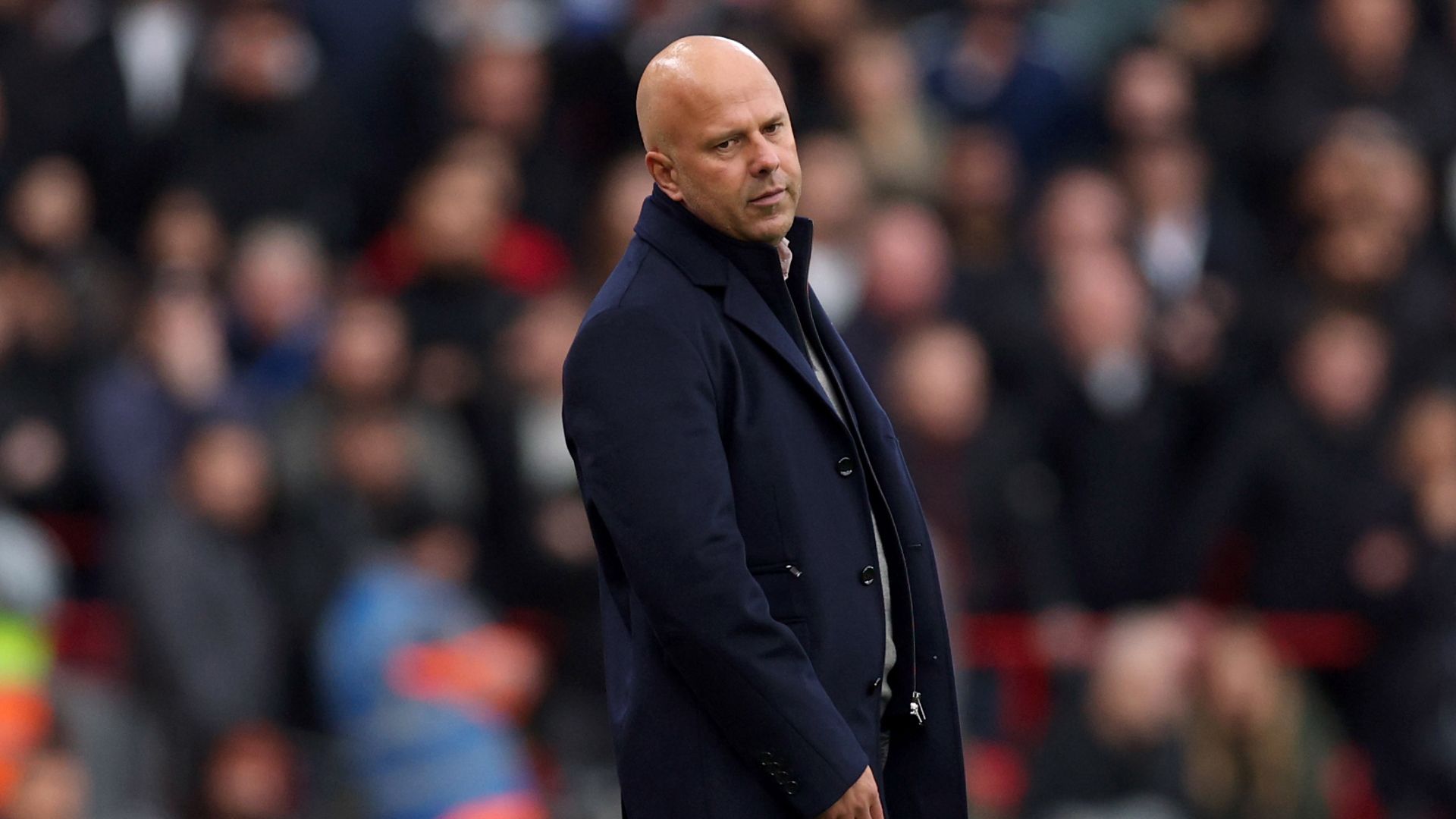


Why Jurgen Klopp Opted for Liverpool Over Manchester United’s Offer
In a revealing discussion, Jurgen Klopp shared insights into his career choices, highlighting how he turned down an opportunity at Manchester United in favor of leading Liverpool. This decision, influenced by timing and vision mismatches, shaped his path to success and continues to resonate in the world of football management.
Klopp’s Initial Contact with Manchester United
Following the retirement of the iconic Sir Alex Ferguson, Manchester United selected David Moyes as his replacement, but they also extended an invitation to Jurgen Klopp for the top job. The ex-Liverpool manager reflects that he was likely among a handful of candidates under consideration, though the timing didn’t align for him. During his conversation on The Diary of a CEO podcast with Steven Bartlett, Klopp noted: “Around the time Sir Alex stepped away, Manchester United reached out. Naturally, there was mutual interest back then. I was still early in my career with an outstanding squad at Dortmund, so they might have wondered about my next move.”
He went on to mention how his future Liverpool players, including James Milner and Adam Lallana, traveled to observe a Champions League semi-final match in Real Madrid where his Dortmund side was playing. Klopp described this as a tremendous endorsement, saying: “They came to see firsthand what Dortmund was achieving and the style of football we were playing. It’s one of the highest forms of praise you can receive.”
Ultimately, Klopp emphasized that the approach from United came at an inopportune moment. “Manchester United made an effort to recruit me, but it just wasn’t the right juncture,” he explained. “I was committed to my contract at Dortmund and wouldn’t have considered leaving for any offer. They needed a new leader, and I was just one possibility on their list.”
Key Elements of the Discussions with United
In further details, Klopp pointed out that certain aspects of the talks with Manchester United didn’t appeal to him, particularly the strategy to re-sign prominent figures like Paul Pogba and Cristiano Ronaldo. He elaborated: “Some parts of those exchanges didn’t sit well with me. The concept was all about acquiring star players en masse – ‘we’ll bring in whoever you desire’ – but that approach didn’t match my philosophy. Beyond the poor timing, it simply wasn’t the kind of endeavor I wanted to pursue. I had no interest in reuniting with players like Pogba, who was exceptionally talented, yet such comebacks rarely pan out successfully. The same goes for Ronaldo; he’s among the elite, alongside Lionel Messi, but history shows that these types of returns often fall short.”
The Absence of Tactical Talks and Liverpool’s Allure
Klopp also revealed that conversations with Manchester United never delved into playing styles or strategies. “We never touched on how the team would play,” he said. “I was there thinking, ‘This isn’t what I’m looking for.’ Soon after, an opportunity arose at Liverpool that focused purely on building through football fundamentals.”
Klopp’s Legacy at Liverpool and Potential Comeback
After making his choice, Jurgen Klopp achieved remarkable feats with Liverpool, securing victories in the Premier League, FA Cup, League Cup, and Champions League prior to his departure. Since then, he’s embraced a new position as Head of Global Soccer at Red Bull, signaling what seemed like the end of his coaching days. Nevertheless, Klopp has recently conceded that, despite earlier statements about never managing in England again, a return to Liverpool could theoretically happen in the future.
Recent Developments Under Arne Slot
Now, Arne Slot, who followed Klopp at Liverpool, celebrated a Premier League win in his debut season at Anfield. However, he’s facing intense examination lately after a string of defeats, including a recent loss to Manchester United at home on Sunday, marking four consecutive setbacks across all tournaments. Liverpool is now focused on bouncing back in their upcoming Champions League clash with Eintracht Frankfurt on Wednesday, followed by a Premier League encounter with Brentford on Saturday.
Jürgen Klopp’s Decision: Choosing Liverpool Over Manchester United
When Jürgen Klopp made the bold choice to join Liverpool instead of Manchester United, it sent ripples through the football world. This decision highlighted his deep-seated values and concerns about club strategies, including Manchester United’s plans to re-sign Cristiano Ronaldo. Let’s dive into the details of how this played out and what it meant for Klopp’s career.
The Background of Klopp’s Offer from Manchester United
Jürgen Klopp’s potential move to Manchester United came up around 2013, during a period of transition for the club after Sir Alex Ferguson’s retirement. At the time, Manchester United was scouting for a manager who could bring back their glory days, and Klopp, fresh from his success at Borussia Dortmund, was a top candidate. However, Klopp has openly discussed in interviews how the fit didn’t feel right, citing misalignment in vision and approach.
One key factor that emerged in Klopp’s reflections was Manchester United’s aggressive transfer strategies. Sources like BBC Sports and The Guardian have reported that Klopp was wary of the club’s direction, particularly their interest in high-profile players like Cristiano Ronaldo. Although Ronaldo’s return to Manchester United didn’t happen until 2021, Klopp had expressed concerns about the club’s fixation on star power over building a cohesive team. This approach, he believed, could lead to short-term gains but long-term instability.
In a 2021 conversation with Sky Sports, Klopp elaborated on his reservations, stating that he preferred a setup where the team’s philosophy was central, not individual egos. This insight into Jürgen Klopp rejecting Manchester United for Liverpool underscores his commitment to a more holistic football strategy.
Klopp’s Concerns Over Manchester United’s Plans
Klopp’s unease wasn’t just about the manager’s role; it extended to how Manchester United operated. He revealed in various media appearances that the club’s plans to lure back big names like Cristiano Ronaldo signaled a reliance on marketing-driven decisions rather than sustainable growth. For instance, re-signing Ronaldo could boost ticket sales and global appeal, but Klopp argued it might disrupt team dynamics and youth development.
- Potential risks of star-focused transfers: Klopp highlighted how bringing in a player like Ronaldo, who demands a central role, could overshadow emerging talents and create internal conflicts. This was a major concern for Jürgen Klopp, as it contradicted his belief in fostering a unified squad.
- Long-term vs. short-term success: In discussions with The Times, Klopp emphasized that Manchester United’s approach might prioritize immediate results over building a lasting legacy, which he saw as problematic for Jürgen Klopp’s style of management.
- Cultural fit issues: Klopp often speaks about the importance of club culture, and he felt Manchester United’s commercial pressures didn’t align with his ethos. This was particularly evident when comparing it to Liverpool’s community-oriented environment.
These points show why Jürgen Klopp’s decision to reject Manchester United was rooted in deeper strategic differences, especially regarding plans involving Cristiano Ronaldo.
Insights into Klopp’s Philosophy and Liverpool’s Appeal
Delving deeper, Jürgen Klopp’s philosophy centers on high-intensity football, emotional connections, and player development. When he chose Liverpool in 2015, it was because the club offered a platform for his “heavy metal football” style, as he described it. Liverpool’s structure, under owners like Fenway Sports Group, allowed for a focus on tactical evolution without the overhanging threat of superstar takeovers.
Historical context from ESPN archives reveals that Klopp was impressed by Liverpool’s fanbase and their hunger for success, which mirrored his own drive. Unlike Manchester United’s potential Ronaldo re-sign strategy, Liverpool emphasized squad harmony, as seen in their successful eras with players like Mohamed Salah and Sadio Mané.
- Key elements of Klopp’s approach:
- Building from the ground up with youth academy stars.
- Emphasizing pressing and counter-pressing tactics.
- Creating a family-like atmosphere to boost morale.
- Comparisons to other managers: Klopp’s style contrasts with that of managers like Erik ten Hag at Manchester United, who later dealt with Ronaldo’s high-profile exit in 2022, validating some of Klopp’s early concerns.
This comparison of Jürgen Klopp’s Liverpool tenure versus what might have been at Manchester United provides valuable lessons for football enthusiasts and aspiring managers.
The Lasting Impact on Football Strategies
Jürgen Klopp’s rejection of Manchester United has influenced how clubs approach managerial hires and transfer policies. His success at Liverpool, including winning the UEFA Champions League and Premier League, demonstrates the benefits of a coherent vision. Meanwhile, Manchester United’s challenges with Ronaldo’s return in 2021-leading to his departure amid reported tensions-highlight the pitfalls Klopp foresaw.
Football analysts from sources like Football365 have noted that Klopp’s decision set a precedent for managers prioritizing club culture over fame. This has sparked debates on how re-signing stars like Cristiano Ronaldo affects team performance, with stats showing mixed results for United during that period.
In essence, Jürgen Klopp discussing rejecting Manchester United for his Liverpool role offers a masterclass in strategic decision-making, making it a must-read for anyone interested in football management and player transfers.









